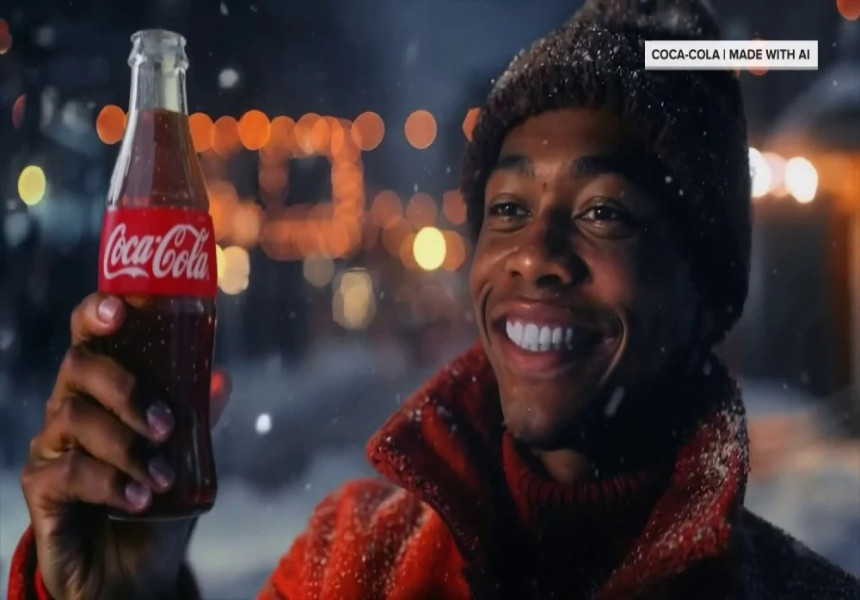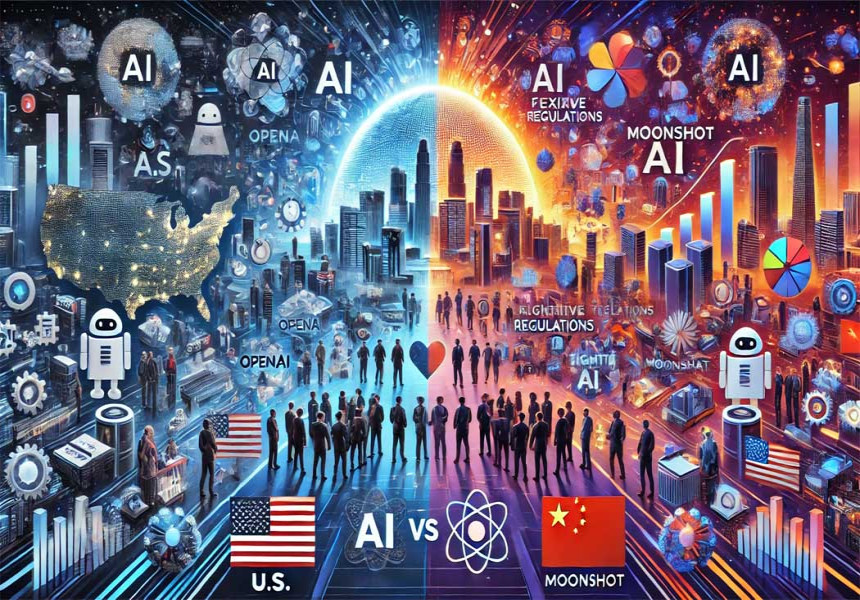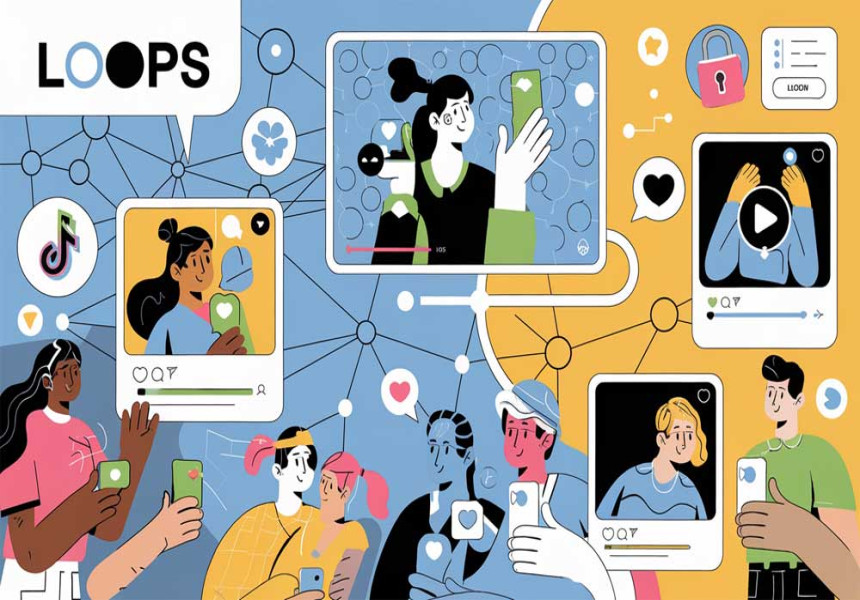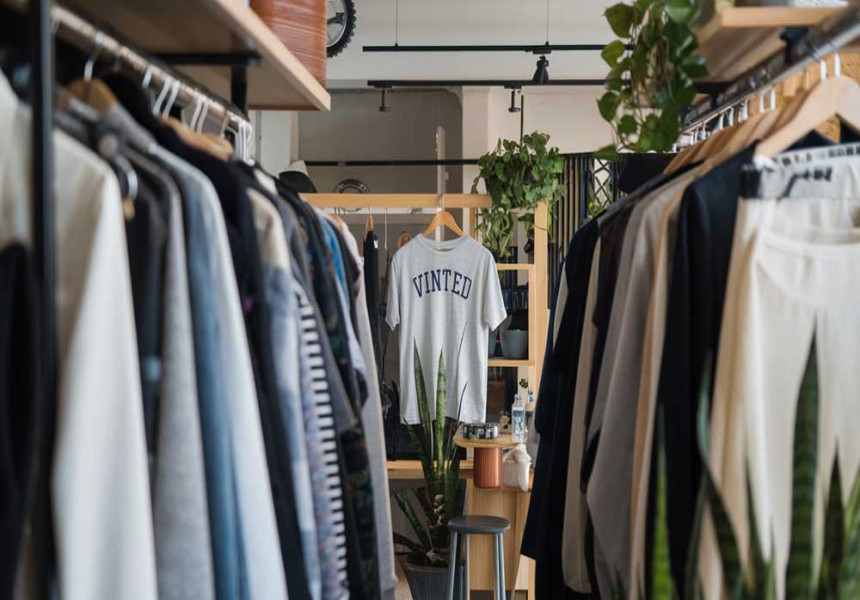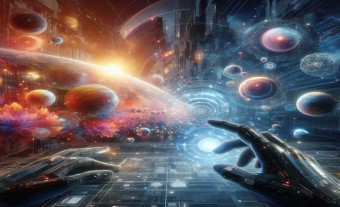Coca-Cola's Festive AI Ad: Innovation or Insult to Traditional Artists?
Coca-Cola's recent release of an AI-generated Christmas advertisement has ignited a wave of criticism from social media users and creatives. The ad, titled "Create Real Magic," attempts to modernize the beloved 1995 holiday commercial "Holidays Are Coming," but many viewers feel it misses the mark in capturing the warmth and spirit of the season.
The Controversy Surrounding the AI-Generated Ad
The advertisement features Coca-Cola trucks navigating picturesque snowy landscapes, a visual nod to the original campaign that celebrated holiday joy with human performers and authentic imagery. Critics argue that the AI-generated content lacks the emotional resonance and creativity that typically characterize holiday advertising. Many social media users have expressed feelings of disappointment, stating that the ad feels more eerie than festive, with comments highlighting a sense of lost artistry. Creatives from various fields have voiced their concerns about Coca-Cola's choice to rely on AI technology instead of employing human artists. This decision has been interpreted as a devaluation of artistic work and raises fears about job security for professionals in the creative industry. Many believe that using AI for such significant campaigns diminishes the unique contributions of artists, who bring personal experiences and insights to their work.
Public Reactions and Industry Implications
The response to Coca-Cola's ad has been largely negative, with many viewers expressing their discontent. Some have remarked that the ad fails to include traditional holiday symbols, such as Santa Claus, which are integral to the festive spirit. Others speculate that Coca-Cola's reliance on AI is a cost-cutting measure, leading to a perceived decline in quality and emotional engagement. In defense of their approach, Coca-Cola has stated that their campaign includes a mix of AI-generated content and traditional advertisements featuring human storytelling. This strategy reflects a growing trend among brands exploring generative AI in marketing. However, it raises important questions about authenticity and consumer connection during a season traditionally centered around family and community.
Broader Context: The Future of AI in Advertising
The backlash against Coca-Cola's Christmas ad is part of a broader conversation about the role of AI in creative industries. While some argue that AI can enhance productivity and open new avenues for creativity, others warn that its increasing use may lead to significant job displacement for artists and creatives. As companies continue to adopt AI-driven solutions for marketing, they face the challenge of balancing technological innovation with the need to preserve genuine artistic expression. In summary, Coca-Cola's AI-generated Christmas advertisement has sparked an important debate about creativity, authenticity, and the future of advertising in an era increasingly influenced by artificial intelligence. As brands navigate this evolving landscape, they must consider not only consumer reactions but also the broader implications for artists and creative professionals.
